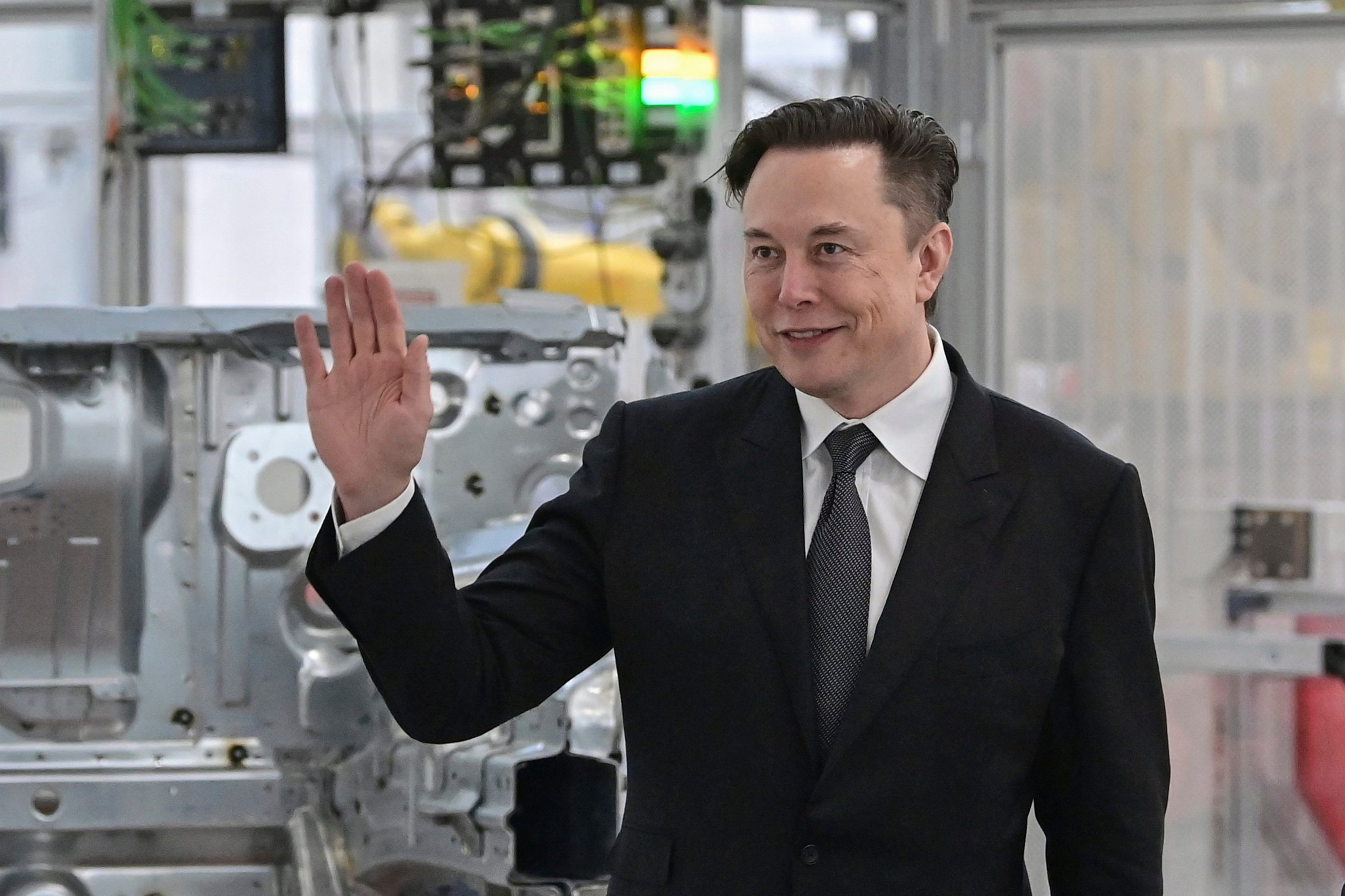Prince Alwaleed bin Talal Al Saud took less than three weeks to flip from outraged investor to crucial supporter of Tesla CEO Elon Musk’s $44 billion takeover of Twitter Inc.
On Thursday, in a tweet, Alwaleed said, “Great to connect with you my `new’ friend @elonmusk,” shortly after a Securities and Exchange Commission filing showed he agreed to roll his entire $1.9 billion stake into a privatised Twitter.
Also read: Binance, Sequoia commit $1.3 billion to back Elon Musk’s Twitter takeover bid
When Musk announced his $54.20-per-share offer in April, Alwaleed used the social-media platform to reject the offer, saying it didn’t “come close” to the company’s intrinsic value.
However, it is unclear exactly how Musk swayed the Saudi billionaire – initially the Tesla co-founder mocked the Saudi royal – but sticking with the company is in keeping with Alwaleed’s tendency to hold tight on high-profile bets through ups and downs.
Also read: US Premarket: Twitter, SeaWorld and other stocks making biggest moves
The strategy has yielded mixed results. Alwaleed, 67, rose to prominence in Wall Street circles in the early 1990s when he emerged as a saviour of Citicorp, a predecessor of Citigroup Inc., which was struggling after a spate of bad loans. His stake soared more than 190% over the following decade. When the financial crisis hit in 2008, Alwaleed boosted his holding as the share price plunged. Citigroup’s stock now trades at less than a tenth of its pre-crisis heights.
He stuck with a $345 million bet on Euro Disney despite years of cash-flow struggles and image problems, helping to recapitalize the floundering Paris theme park in 2014. And in an acid test of his faith in management, Alwaleed stood by the Murdoch family during the 2012 phone-hacking scandal at News Corp., where he was among the biggest shareholders.
Also read: Elon Musk could aggravate Twitter’s misinformation problem: Bill Gates
Alwaeed became involved in Twitter in 2011, with a $300 million investment. Typical of his deals, Alwaleed invested both in his own name and through Kingdom Holding. He doesn’t sit on the board and has primarily been a passive investor.
After Alwaleed’s initial snub of the offer, Musk asked — on Twitter, of course — about Saudi Arabia’s stance on journalistic freedom of speech. The country ranks 166th out of 180 on this year’s Press Freedom Index, one rung below Honduras.
Also read: Do negative comments get to Elon Musk?The answer is yes
Twitter gained traction early on with Saudi Arabia’s youthful population, who embraced the medium as a welcome tool in a country where traditional media is controlled by the government. De facto ruler Prince Mohammed has reportedly used the service to spy on critics of the regime.
Also read: ‘A slight cost for…’: Elon Musk hints at a Twitter fee
Alwaleed has been a vocal supporter of Prince Mohammed’s modernization efforts, such as granting Saudi women the right to drive, but his stature on the global investment stage has faded somewhat since he was detained in the Crown Prince’s anti-corruption drive in 2017.







